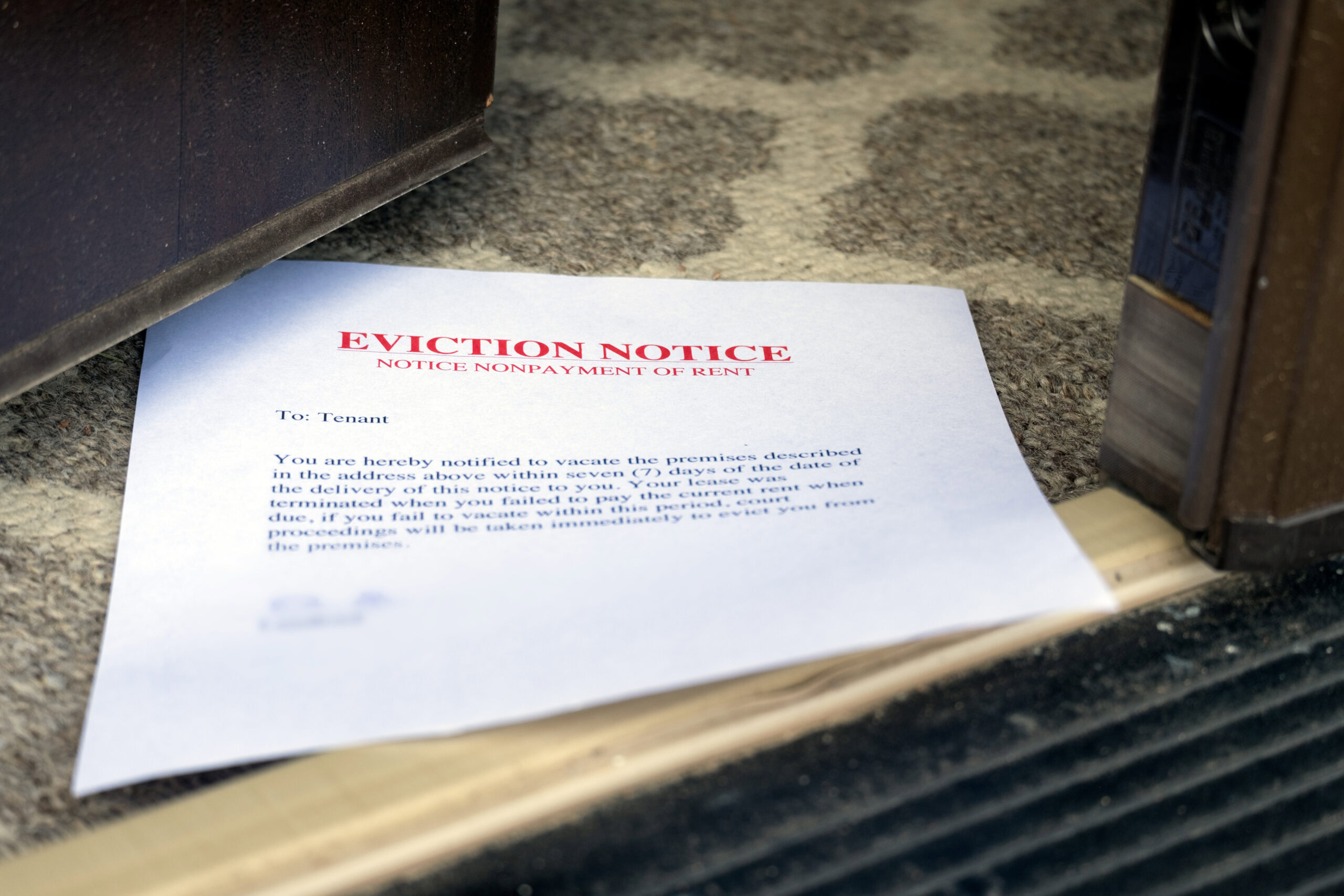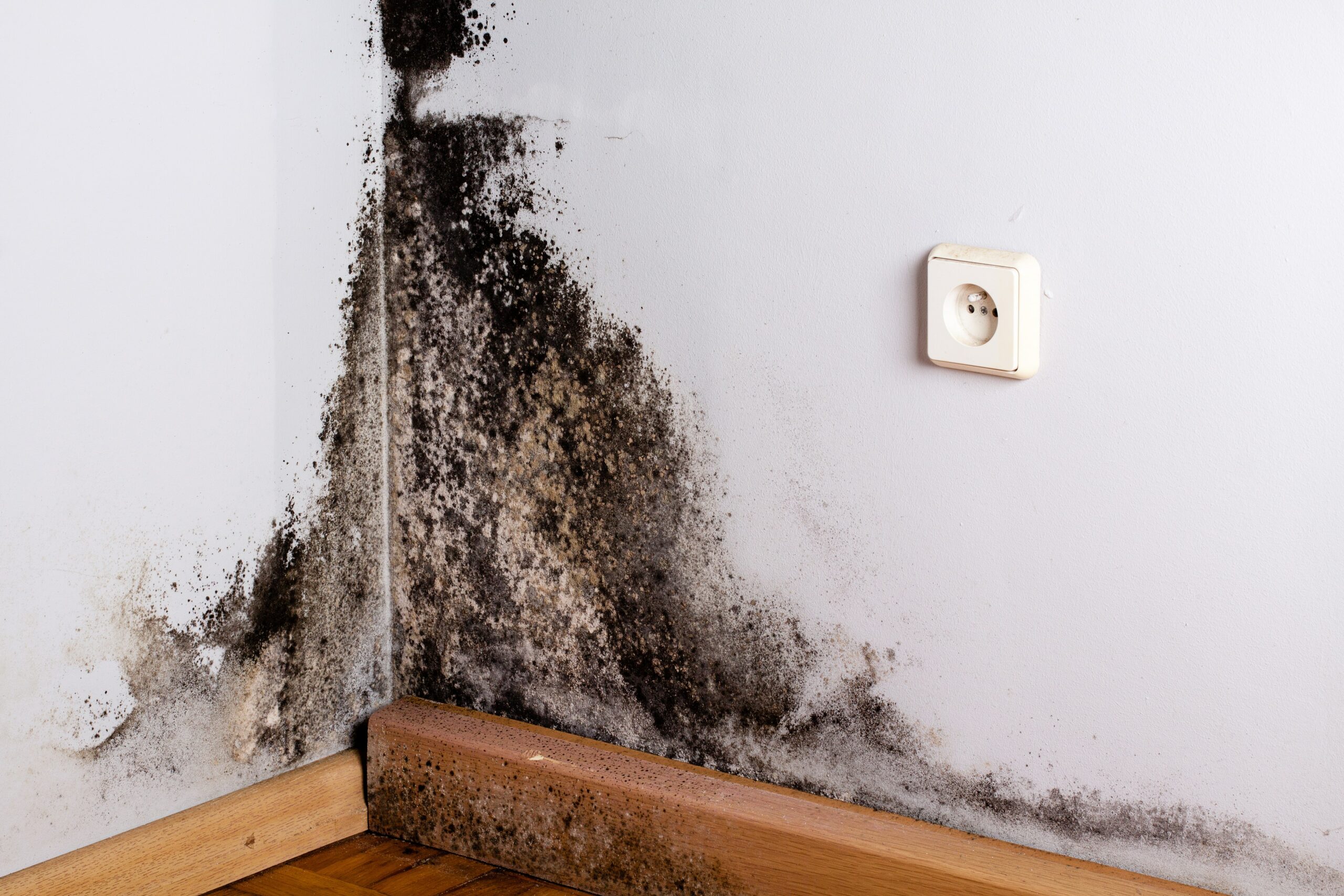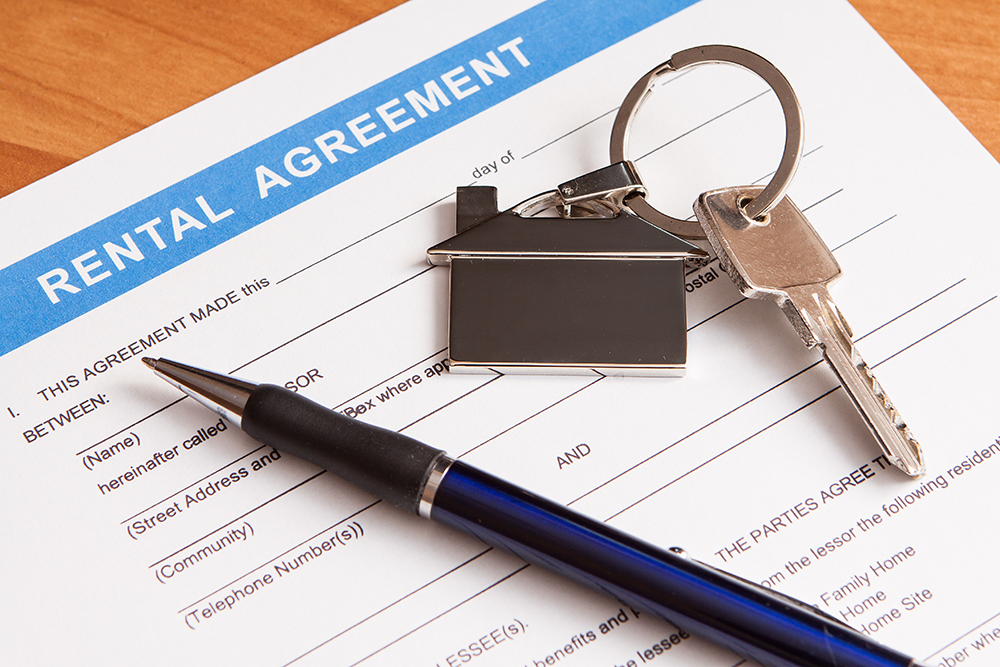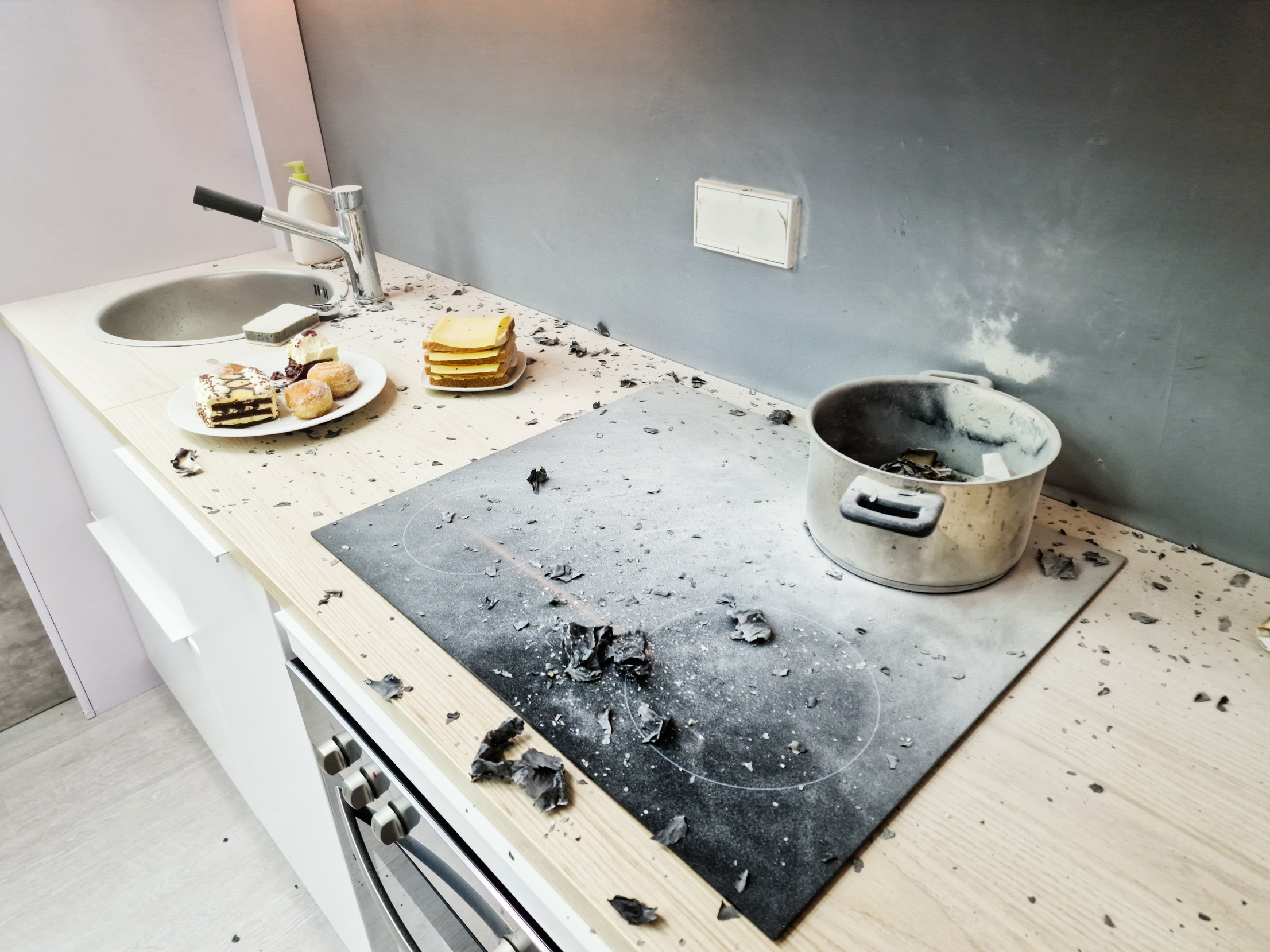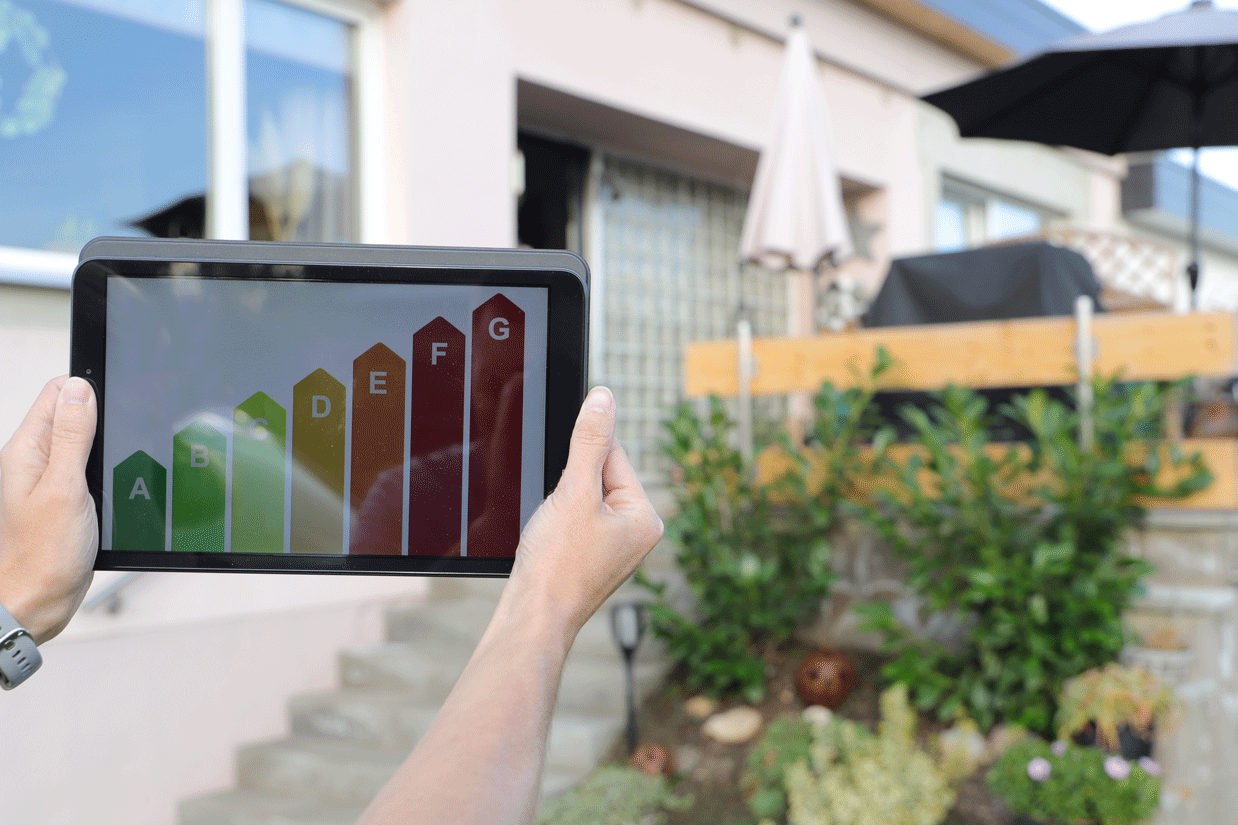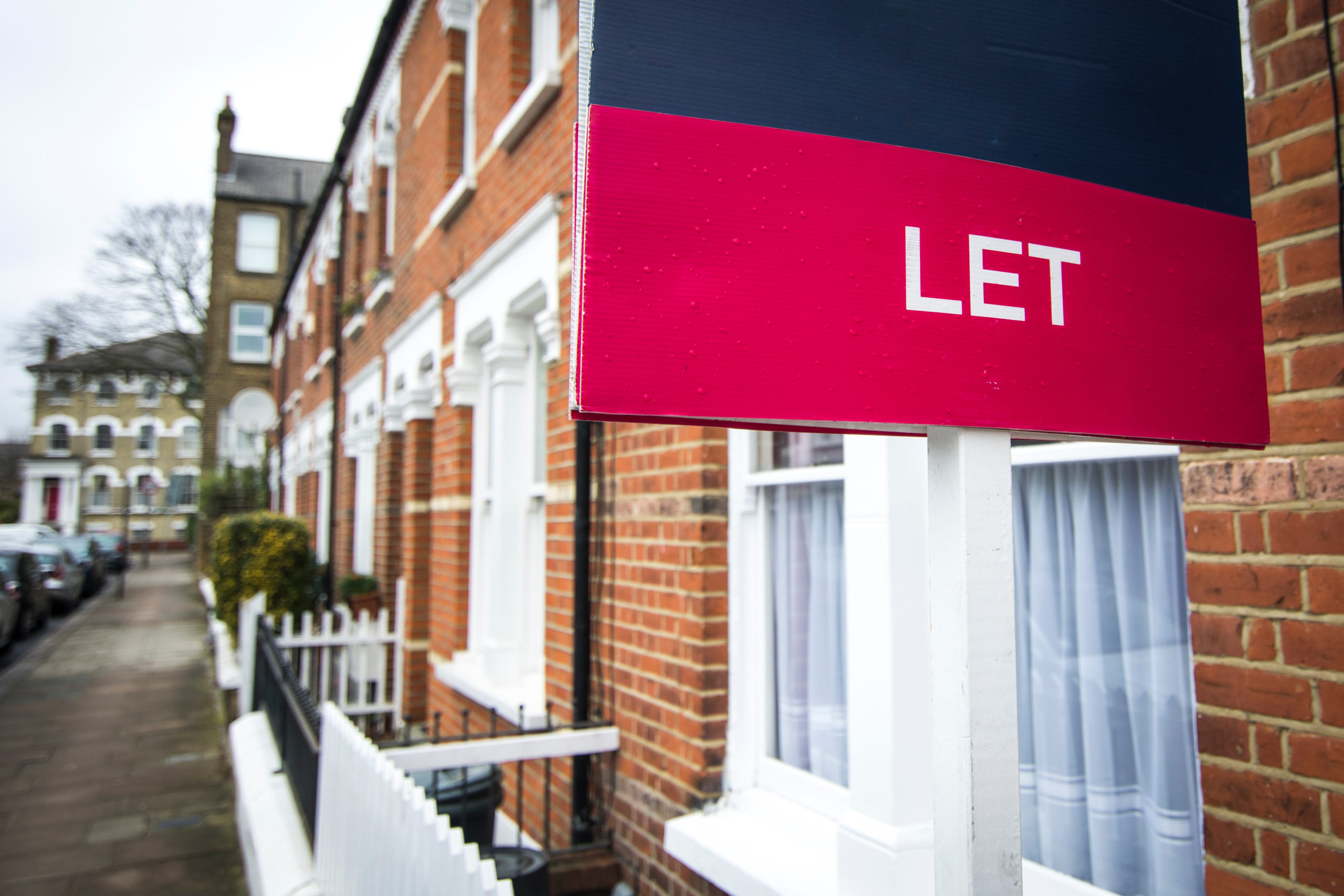Security deposits for rental homes with an assured shorthold tenancy (AST) agreement must be held in an approved scheme. If you’re providing a fully managed service, you’ll usually be expected to do this on behalf of your landlords.
If not, landlords could be ordered to pay up to three times the original amount to tenants. Landlords could ask to be reimbursed if their contract states that this responsibility falls to you (despite it ultimately being the landlord’s duty to check).
Here, we set out what a tenancy deposit protection (TDP) scheme is, how it works, and what you need to do to ensure compliance.
What tenancy deposit protection schemes are there?
Tenancy deposit protection (TDP) schemes hold tenants’ security deposits, ensuring the money is fairly and objectively managed. Schemes were introduced in 2004 as part of the Housing Act.
All tenants with an assured shorthold tenancy from 6 April 2007 must have their deposits protected.
All schemes are Government backed, and there are several to choose from depending on where your agency and properties are located:
England and Wales:
Scotland
Northern Ireland
Which TDP provider should our agency use?
Each has its pros and cons, so it’s up to your agency to decide based on how you choose to manage landlord portfolios.
All TDP providers offer custodial and insured schemes and a resolution service for tenant and landlord disputes at the end of a tenancy.
What’s the difference between a custodial and insured TDP scheme?
Custodial schemes are where the tenant’s deposit is held by the provider for free. With an insured scheme, the deposit is held by the landlord (or agent on their behalf). Landlords then pay a fee (usually monthly) to insure the deposit amount.
How do tenancy deposit protection schemes work?
When deposits are registered with a scheme, they’re protected and ensure that tenants will get their money back as long as they have:
- Met all the terms of their tenancy agreement
- Not caused any damage to the property
- Not missed any rental payments or defaulted on bills
You must secure deposits within 30 days of receipt. At the end of the tenancy, you’ll need to discuss with the landlord how much deposit to give back to tenants. You should return the agreed amount within ten days of the tenant’s request.
If the landlord and tenants cannot agree, you’ll need to raise a dispute. Each scheme has its adjudication process to follow.
Information you must give tenants
You must inform tenants and let them know where their deposit is being held, including the property details. You’ll also need to tell them what will happen if there is a dispute and why a landlord might ask to keep some of the deposit (for example, to cover damage to the property).
What’s the maximum deposit allowed?
In England, the maximum amount you can ask for a deposit is five weeks’ worth of rent, if the total amount of rent is less than £50,000 per year. If annual rent is more than £50,000, you can charge up to six weeks’ rent.
In Wales, deposits are usually one months’ rent, but currently, there is no fixed maximum amount.
In Scotland, deposits can be no more than two months’ rent.
In Northern Ireland, you can only ask for a maximum of one month’s rent.
Charging more than the allowed maximum amount can lead to heavy fines.
Calculating deposit amounts in England
To calculate deposits, you’ll need to work out the annual rent and divide it by 52 for the weekly rate. You can then multiply this amount by five if the total annual rent is less than £50,000. You can multiply it by six if the rent exceeds £50,000.
For example (property with annual rent no more than £50,000):
- Monthly rent is £1,500
- Annual rent is £18,000 (£1,500 x 12)
- Weekly rent is £346.15 (£18,000 divided by 52)
- Deposit can be a maximum of £1,730.75 (£346.15 x 5)
Does the TDP scheme apply to all tenancies?
All deposits for assured shorthold tenancies since April 2007 must be secured in a Government-backed deposit protection scheme.
You don’t have to ask for a deposit, in which case you would have nothing to secure. However, taking a security deposit can give you some reassurance should there be any damage or if tenants breach their contract.
What happens if a TDP isn’t used?
Landlords can be asked to pay tenants up to three times the deposit taken. If your agency is fully managing a let and contracted to register deposits, landlords could seek compensation from you if you don’t carry this out.
Supporting landlords and adding value to services
Landlords have a number of responsibilities, which can be difficult to keep up with if. If you’re providing a fully managed service, you can bring extra value by highlighting what insurance options there are for landlords.
Features including rent guarantee insurance, legal expenses, and landlord insurance can all help provide extra reassurance and give landlords confidence that their investment is being well looked after.
For more information about how we can help you support landlords and earn extra income for your agency, call a team member on 01603 649727.
FAQs
Is a holding deposit the same as a security deposit?
No. A holding deposit can be taken when potential tenants show interest in a property and want to commit to it while you carry out tenant referencing. It’s usually one weeks’ rent.
If the tenant fails the referencing process (for example, if they don’t have the right to rent) or they give you false information, you can keep the holding deposit. You can also keep the deposit if they decide not to rent the property but tell you after the ‘deadline for agreement’ has passed.
In all other cases, the holding deposit must be paid back in full.
A security deposit is usually at least one months’ rent. It must be held in an approved TDP scheme and can be used to compensate landlords if tenants breach the terms of their contract.
When should a security deposit be taken?
Security deposits should only be taken when tenancy agreements have been signed.
How long can a deposit be held after the tenant moves out?
Deposits should be given back within ten days of the tenant asking for it.
Deposit protection schemes are not regulated by the Financial Conduct Authority.
Information provided in this article was correct at the time of publication. This article is intended as a guide only. Please note that legislation does change, it is always best to check the most up to date guidance on gov.uk.





